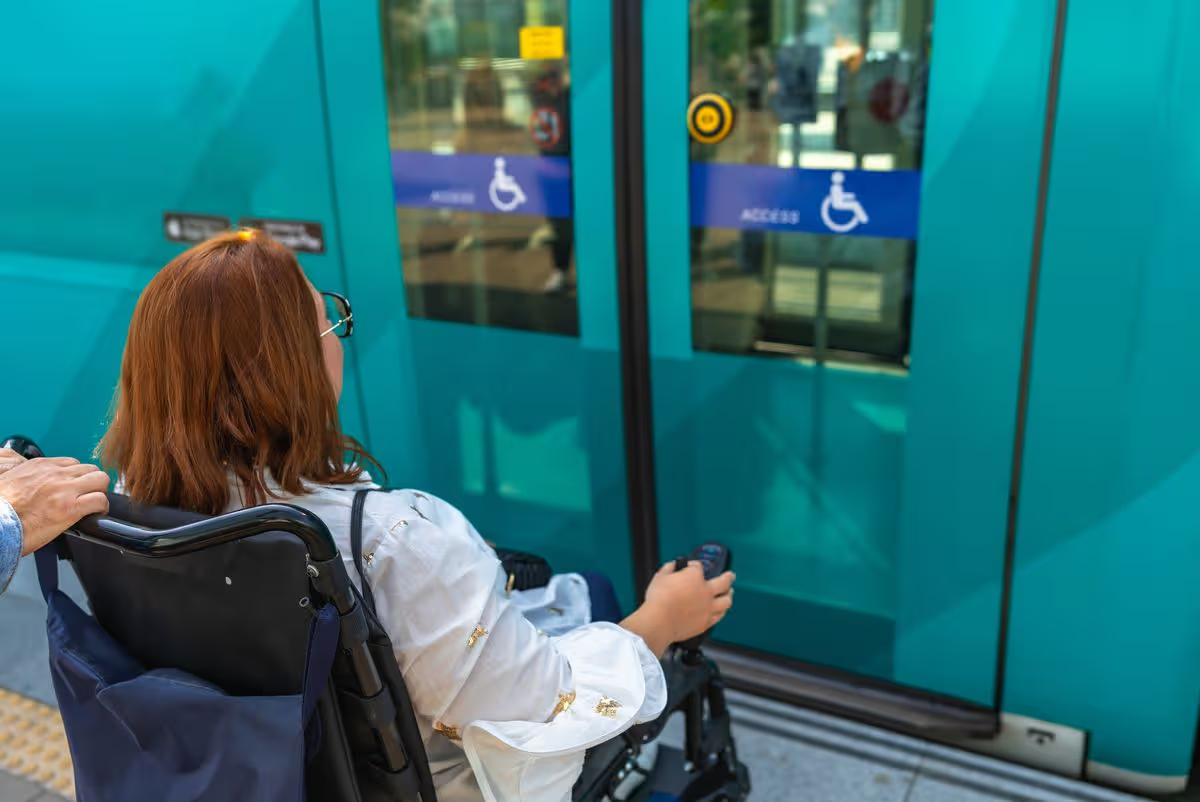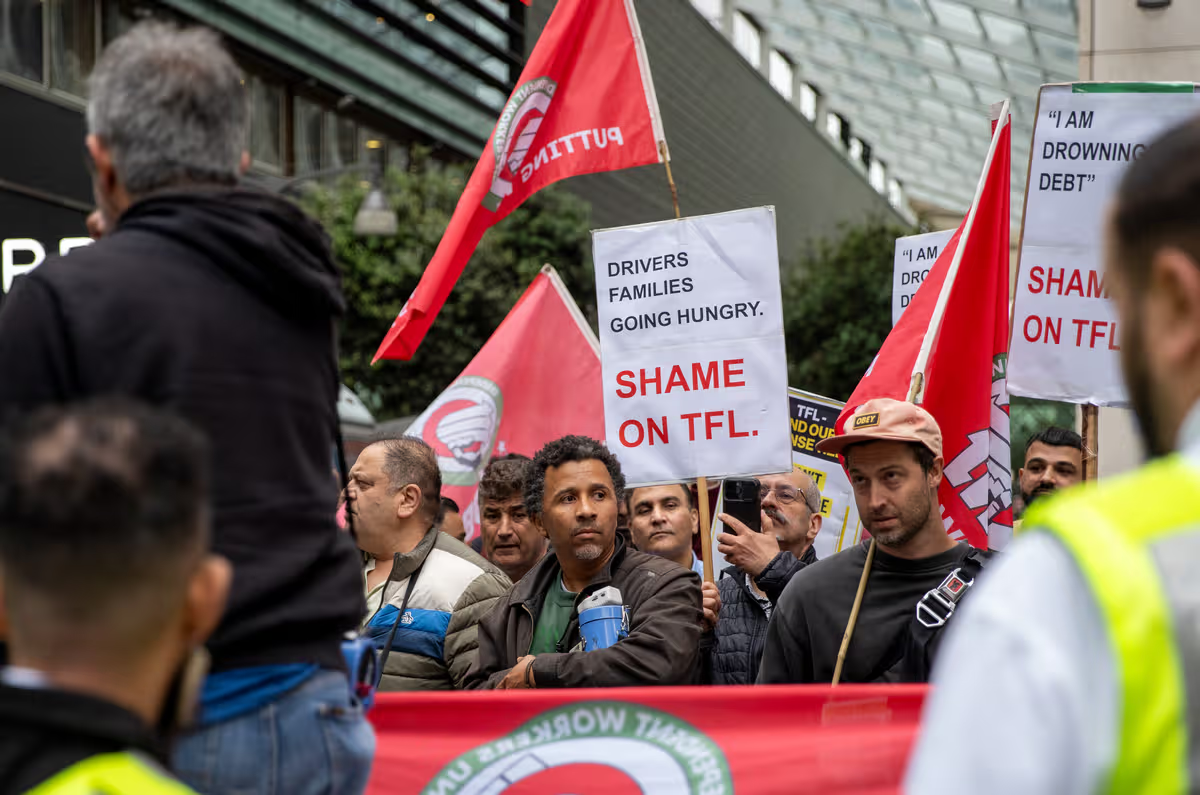Seven extra groups now qualify for a Disabled Person’s Railcard including blue badge holders
More people will now qualify for reduced-price rail journeys across the UK. Seven additional categories are now eligible for a Disabled Person’s Railcard after the scheme was broadened on March 1.
This railcard grants the holder and an accompanying adult a one-third discount on most train tickets throughout England, Scotland and Wales. It presently costs £20 for one year or £54 for three. Until this month, the Disabled Person’s Railcard had exclusively been available to those claiming particular benefits or living with certain medical conditions. From March 1, it continues to be available to those individuals, but the criteria has been widened.
It now encompasses a wider spectrum of visible and non-visible disabilities. Individuals who now qualify include those who:
- Have a blue badge
- Have a disabled person’s bus pass (England, Scotland and Wales)
- Have a disabled person’s Freedom Pass (London only)
- Can’t drive on medical grounds
- Receive Armed Forces Compensation Scheme benefits
- Receive Industrial Injuries Disablement Benefit for 20 per cent degree of disablement or higher
- Are without speech
Other people who still qualify
The existing qualifying criteria for a Disabled Person’s Railcard remains valid, which means you can hold a railcard if you:
- Receive Personal Independence Payments or Adult Disability Payment
- Receive Disability Living Allowance or Child Disability Payment at either the higher or lower rate for the mobility component, or the higher or middle rate for the care component
- Have a visual impairment
- Are registered as deaf or use a hearing aid
- Have epilepsy and receive drug treatment for it
- Receive Attendance Allowance, Severe Disablement Allowance or Pension Age Disability Payment
- Receive war pensioner’s mobility supplement
- Receive war or service disablement pension for 80 per cent or more disability
- Buy or lease a vehicle through the Motability scheme
From September 2026 it is intended that the scheme will broaden further allowing even more people to apply for a card. On the Disabled Persons Railcard website, it states: “Phase 2, launching in September 2026, will further extend eligibility to disabilities and conditions that require professional health evidence and more detailed assessment, including some long-term or degenerative medical conditions, and neurodiversity where it has a substantial impact on a person’s ability to travel by train.
“More detailed evidentiary requirements will be made available for this phase closer to implementation in September 2026.”
It is worth noting that if you already hold one of these railcards, the changes won’t affect you. The website states: “These upcoming changes to the eligibility criteria won’t affect your current Railcard or your eligibility. You can continue using your Railcard as usual without any disruption.”
How to apply
You can submit an application online here. You can select a digital card accessible via your mobile, which becomes available within five working days.
Alternatively, you can choose a physical card, which may take up to 15 days to reach you by post. The application process should require no longer than 10 minutes to finish.
Before starting, you must ensure you have the following prepared:
- A valid debit or credit card
- Documentary evidence of the Railcard holder’s disability that can be scanned and uploaded as a file
- A passport-style photograph (it can even be captured with your phone)
You cannot submit an application in person at a railway station but you can apply by post. To do this, you can download a Disabled Persons Railcard application form online or obtain an application form from any staffed station ticket office.
You will then need to fill in and return this application, together with the required evidence of disability and payment to:
National Railcards
PO box 8626
SWADLINCOTE
DE11 1JA
A complete list of what is recognised as documentary evidence of the disability can be located online here.





